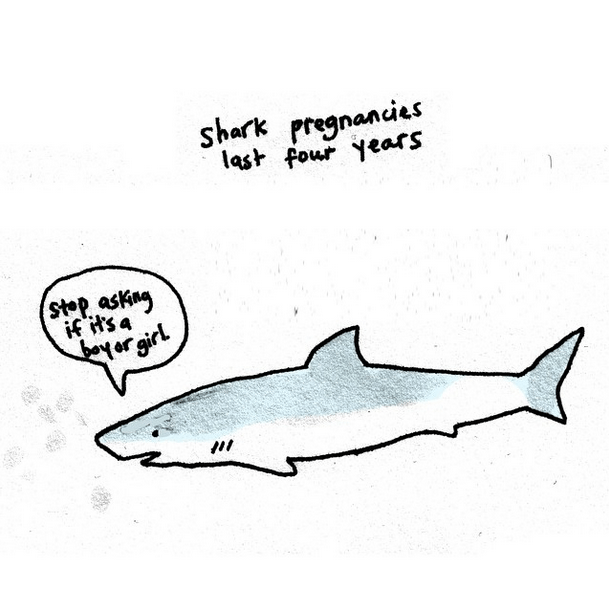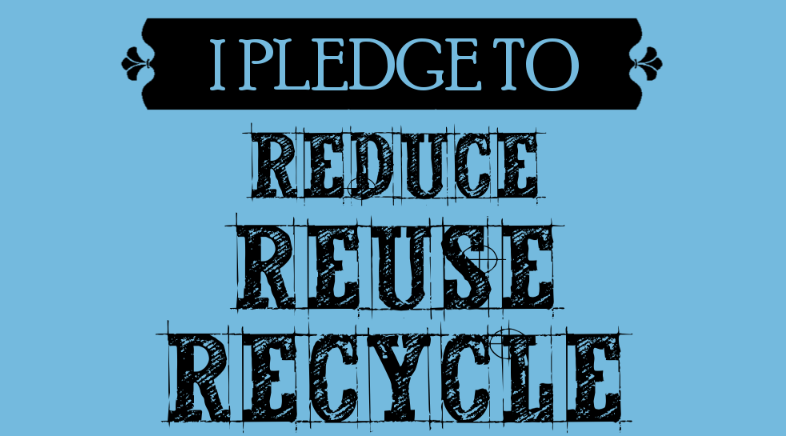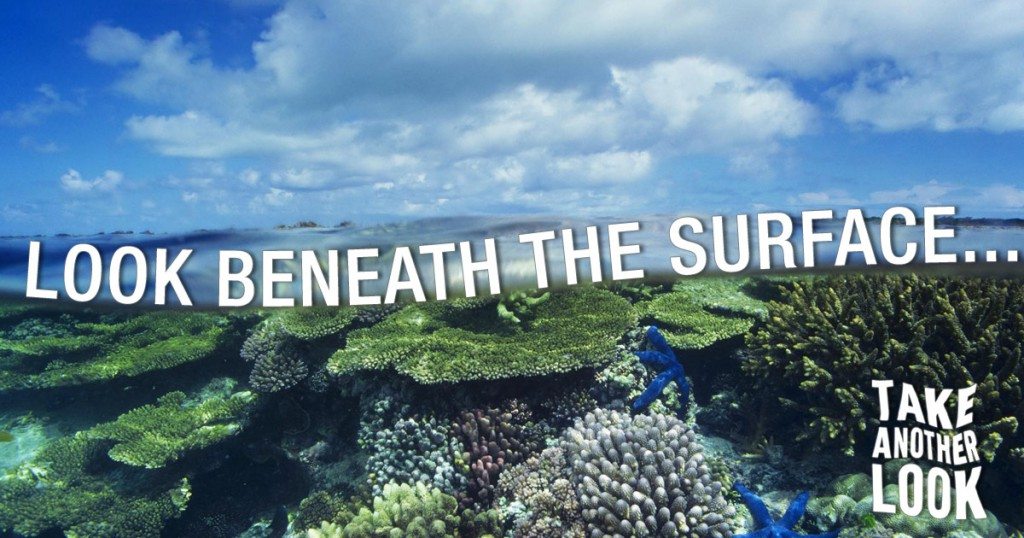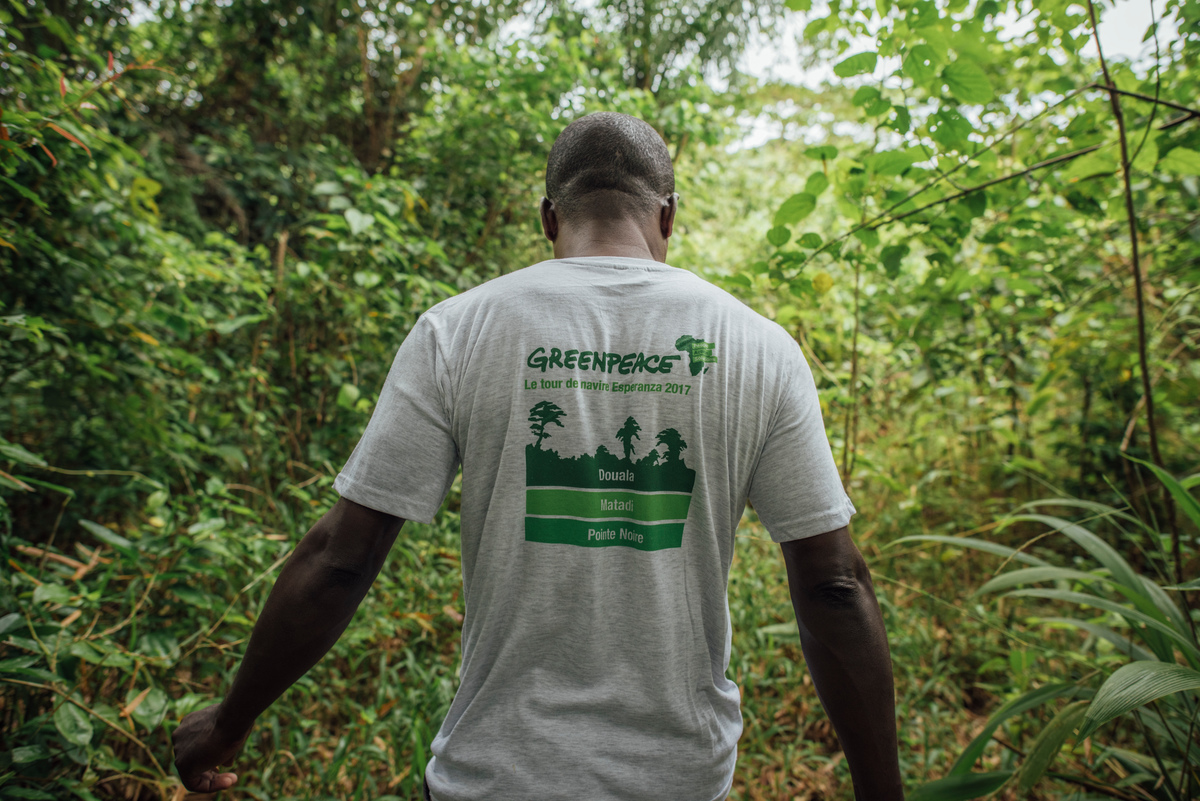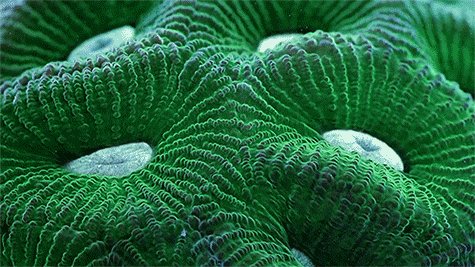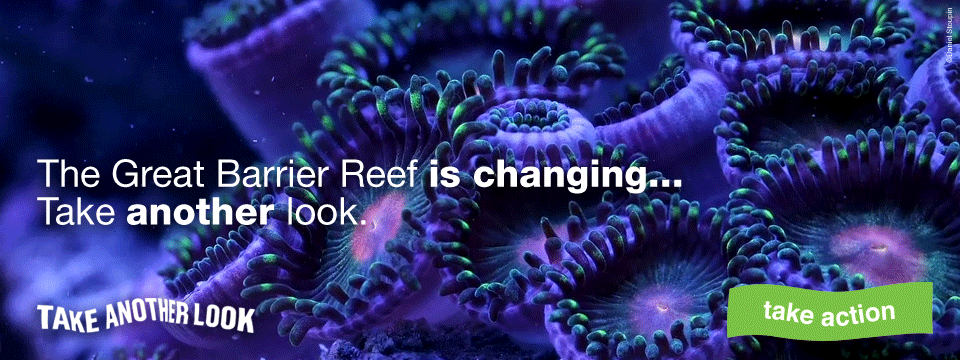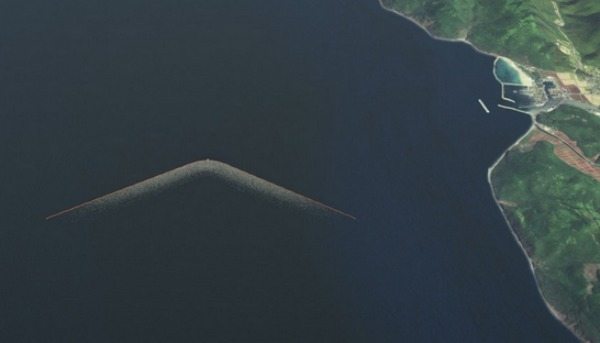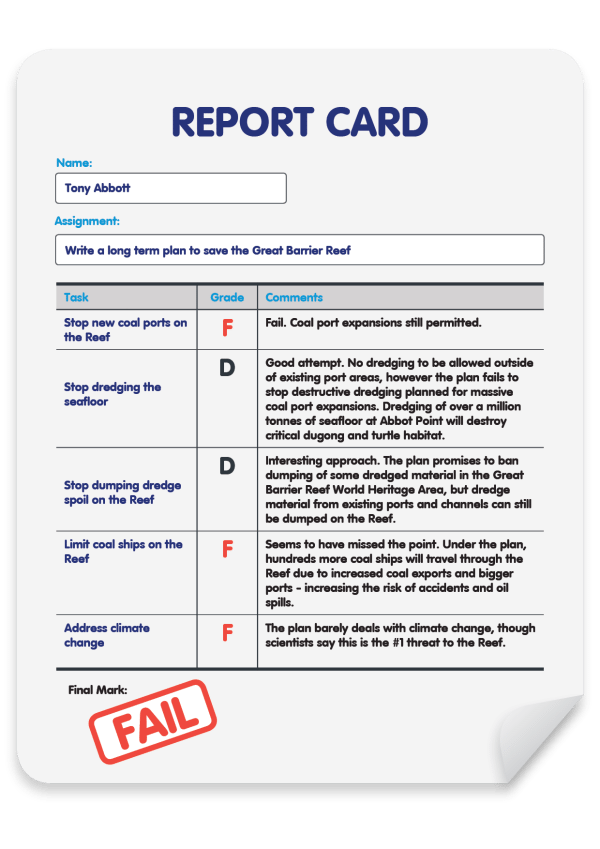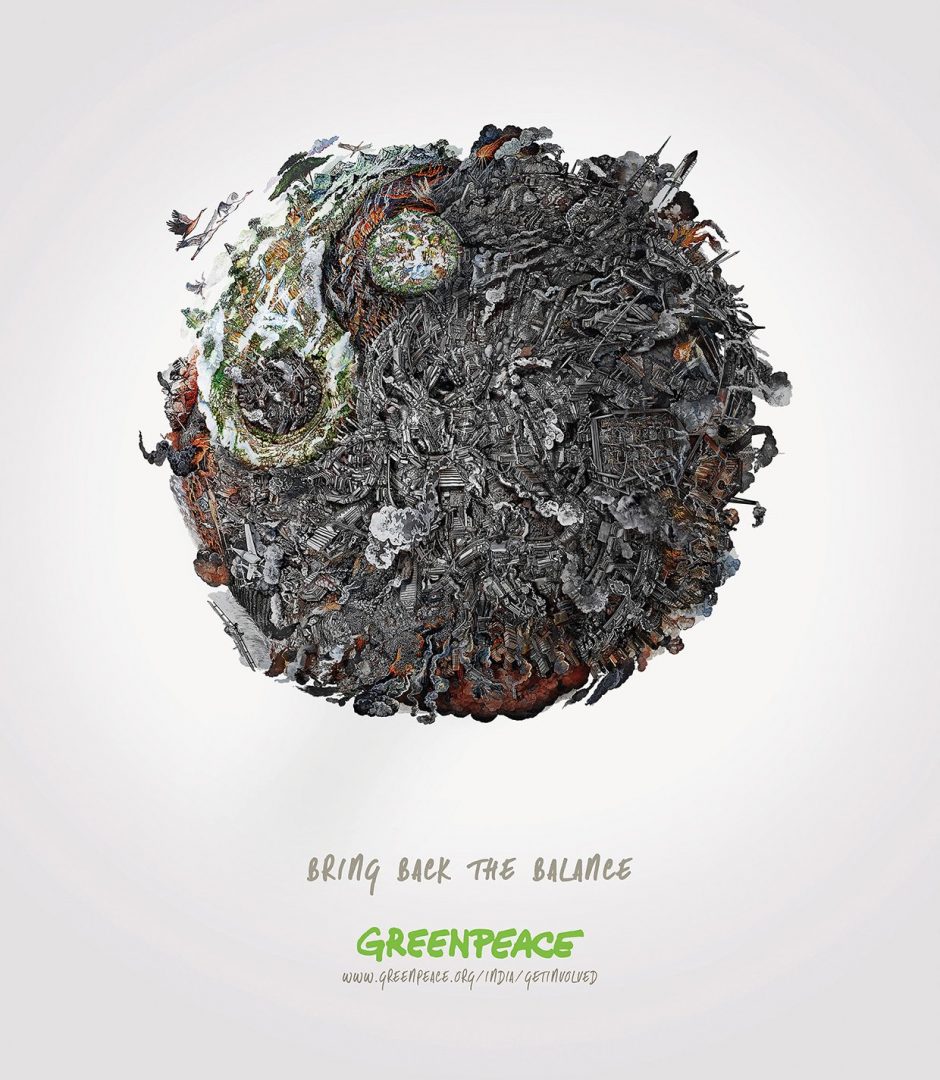All articles
-
This artist is telling you the adorable bad news about your favourite animals
It might be hard to believe, but animals have some problems that we don’t have anything to do with. Brooke Barker from sadanimalfacts.com has documented some of the things animals have to deal with every day that are just a little bit sad. These quirks make life a tad less fun for our favourite animals…
-
Beyond reduce, reuse, recycle: The 9 ‘R’s of a sustainable life
When it comes to recycling, Australians have a great reputation. In the past few decades, recycling has gone mainstream, with a two or three bin system now available for most people at home, in their workplace, and out and about in public. According to Planet Ark, 85% of Australians now think that recycling at home…
-
Solutions to Deforestation
Protecting forests will not only preserve biodiversity and defend the rights of forest communities, it’s also one of the quickest and cost effective ways of halting climate change. Greenpeace is…
-
Divestment: Everybody is doing it. So why haven’t you heard of it?
It’s official. Coal is the most unfashionable thing ever. Image source And what has taken it’s place? Divestment, darling. Haven’t heard of it? Divestment means taking your money out of fossil fuel investments, feeling righteous, and then telling the world about it. And everybody is doing it. Let’s take a look. Norway has…
-
These intricate illustrations will inspire you to stand up for the planet
The world is a beautiful place. Our forests, oceans, land and climate together form an irreplaceable sanctuary for life on Earth. But right now, one species is taking much more from the planet than it’s giving back. Humans are working through the world’s resources at an unsustainable pace, with a devastating impact on the natural habitats…

